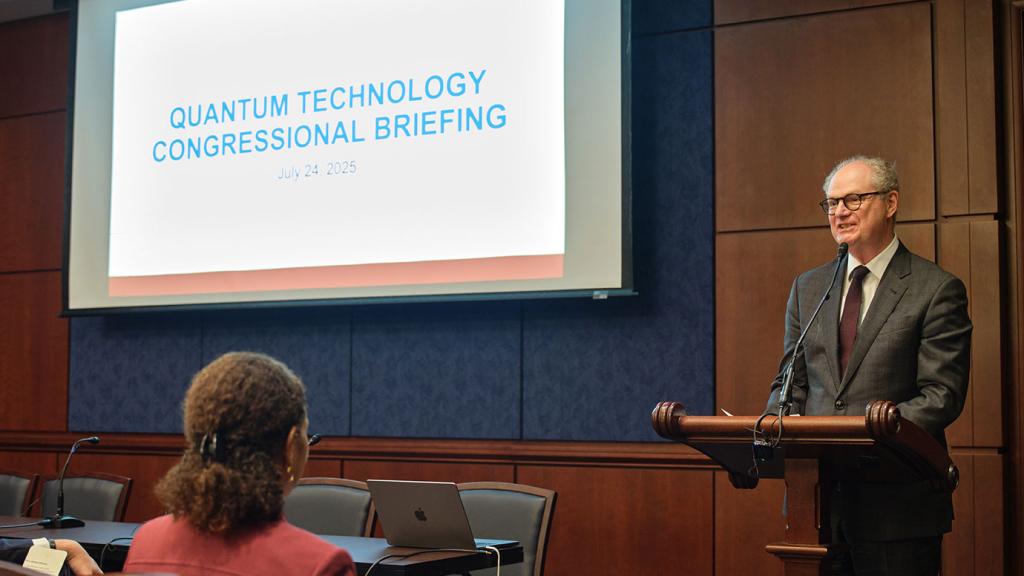Fourth-year College student Samuel Boland has won a Marshall Scholarship, a prestigious award for graduate study that will take him to England next year to pursue a master’s degree in global public health with a focus on developing Africa.
Boland said the scholarship will allow him to pursue his interest in improving access to maternal and child health services and exploring innovative ways to strengthen the health system infrastructure in countries where it is inadequate. He will study for two years at the London School of Hygiene and Tropical Medicine.
[view:story=block_1]
Boland returned to Chicago in September after working for nine months on the Ebola response in Sierra Leone. Stationed in the northwestern Port Loko and Kambia districts with the nongovernmental organization GOAL Global, he supported Ebola surveillance efforts and helped manage government teams responsible for tracking down suspect cases of the disease for referral to treatment centers.
“We are enormously proud of the intellectual leadership and creativity of students in the College, and Sam’s achievement is a testament to those qualities,” said John W. Boyer, dean of the College. “We have been inspired by Sam’s commitment to improve the lives of those affected by the devastation of the Ebola virus with his own talents and interests in medicine and health policy. We are extremely proud to see him pursue these goals as a Marshall Scholar.”
‘An incredibly powerful experience’
Arriving in Sierra Leone at the peak of the Ebola outbreak in January, Boland was on the front lines of the concerted eradication campaign that resulted in the country being declared Ebola transmission-free as of September. “To arrive to a situation where there were 500 cases a week and watch that drop to zero cases was an incredibly powerful experience,” Boland said. “I saw how a collection of people and institutions could come together as one team working against one enemy.”
Prior to his work in Sierra Leone, Boland completed internships in global public health in Kenya and South Sudan through Massachusetts General Hospital’s Division of Global Health and Human Rights. In Kenya, he was responsible for logistical and programmatic support at a rural community hospital; in South Sudan he oversaw midwifery trainings and facilitated the medical training program at Juba Teaching Hospital.
Boland was assisted in his Marshall application by the College Center for Scholarly Advancement, a new University office that informs undergraduates about national scholarship, fellowship and postgraduate opportunities and helps them through the highly competitive application processes. Following the completion of his degree, he plans to return to the United States to pursue a one-year post-baccalaureate, pre-med program, followed by medical school. The trajectory will afford him a “dual degree” perspective of both medicine and public health policy, which will position him well for global public health work.
‘The right thing to do’
A public policy major with a minor in human rights, Boland said his experiences in Africa have spurred in him an “ethical and moral imperative” to create health care systems that best meet the needs of vulnerable populations. While in Sierra Leone, he witnessed devastating loss of life, recalling a family that was quarantined for four months. “One after the other, someone in the family died,” Boland said. “Their household went from 19 members to nine.”
“Sam’s choice to work on the Ebola response in Sierra Leone is emblematic of his dedication to helping, as he puts it, ‘our human family,’ ” said Emily Lynn Osborn, associate professor of history and the College. “He is moved by an urgency to use his skill and talents to help others and to overcome differences of privilege, wealth and distance.”
Despite the emotional toll, Boland said forming bonds with others and helping save lives is what drives him. “There is a camaraderie that exists among those who have decided to put themselves at some risk to do work like this,” Boland said. “I saw colleagues who, in the midst of tragedy, were able to mitigate and alleviate a huge amount of suffering. I don’t know how I could go through such an experience and not decide that this is the right thing to do.”
This past April, Boland received a Harry S. Truman Scholarship, which supports students pursuing careers in public service. He is the University’s 22nd Marshall scholar since 1986.






